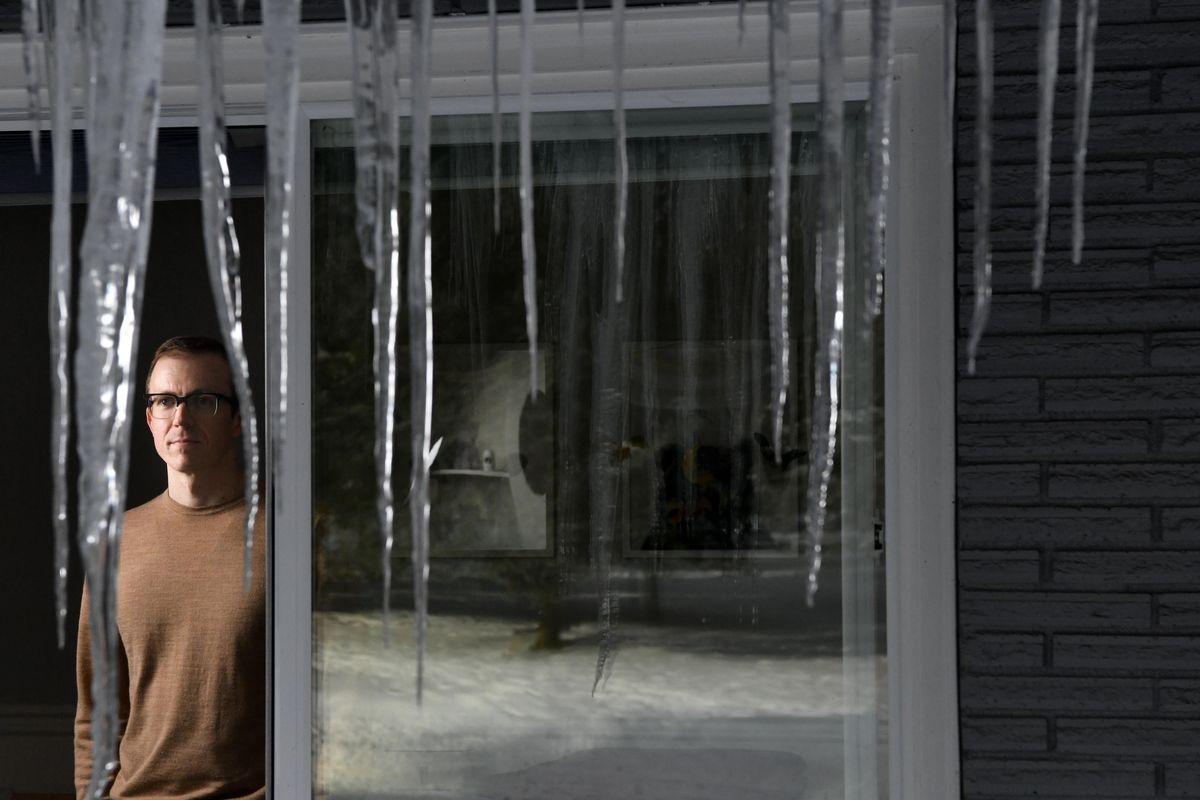Homeowner with racially restrictive covenant in deed asks judge to remove it

The owner of a home with a racially restrictive covenant attached to it has asked a judge to completely remove the discriminatory provision from his deed.
Alex May, who owns a 65-year-old home in the Comstock Neighborhood on Spokane’s South Hill, discovered the covenant when he purchased the home in 2017. The provision says “no race or nationality other than the white race shall use or occupy any building on any lot.”
Spokane County Auditor Vicky Dalton said she is not allowed to alter records in such a way, and pointed to state law that “specifically prohibited” her from doing so. Other laws, both federal and state, are designed to leave the racially restrictive covenant sitting in the historic record while “striking” and preventing it from becoming part of the modern record, she said.
On Tuesday, May and his lawyers requested that a Superior Court judge order Dalton and Spokane County to fully remove the racist covenant “from the public record” and eliminate “the provision from the title or lease.” May’s request for summary judgment, which asks the judge to rule in their favor without a trial, was filed by May’s lawyer, Rick Eichstaedt, and Gonzaga University School of Law student Connor Jepson. Brad Lyman, another law school student, assisted in the legal research.
The request will be heard and argued on April 19. It has yet to be assigned to a Spokane County Superior Court judge.
In 1948, the Supreme Court ruled that racist covenants could not be enforced. Twenty years later, in 1968, Congress passed the Fair Housing Act, which outlawed housing discrimination based on “race, color, religion, or national origin.” The following year, a Washington state law basically reaffirmed the federal law, which made the covenants void.
In the request, May’s attorneys say that the covenant, “although void as a matter of statute, acts as a badge of the invidious discrimination against non-white individuals that was once ubiquitous in this nation and continues to exist.”
Recognizing this, state law states that the “owner, occupant, or tenant of the property” that has a voided covenant “may cause the provision to be stricken from the public records.” The 1987 law said that the “continued existence of these covenants and restrictions is repugnant to many property owners and diminishes the free enjoyment of their property.” The “intent” of the law was to “allow property owners to remove all remnants of discrimination from their deeds.”
The law allows a court to “issue an order striking the void provisions from the public records and eliminating the void provisions from the title or lease of the property.” The law has been updated numerous times over the years, most recently in 2018, when lawmakers amended it to allow a county auditor to act without a court order.
In an interview earlier this month, Dalton said the law was not written to remove the covenant from the public record, which she said is impossible because the deeds “exist in every title plan, in every surveyor’s and engineer’s office.”
“ ‘Strike’ is not ‘redact,’ ” she said. “Strike basically means it will no longer be carried over. It is not part of the modern record. It is no longer enforceable.”